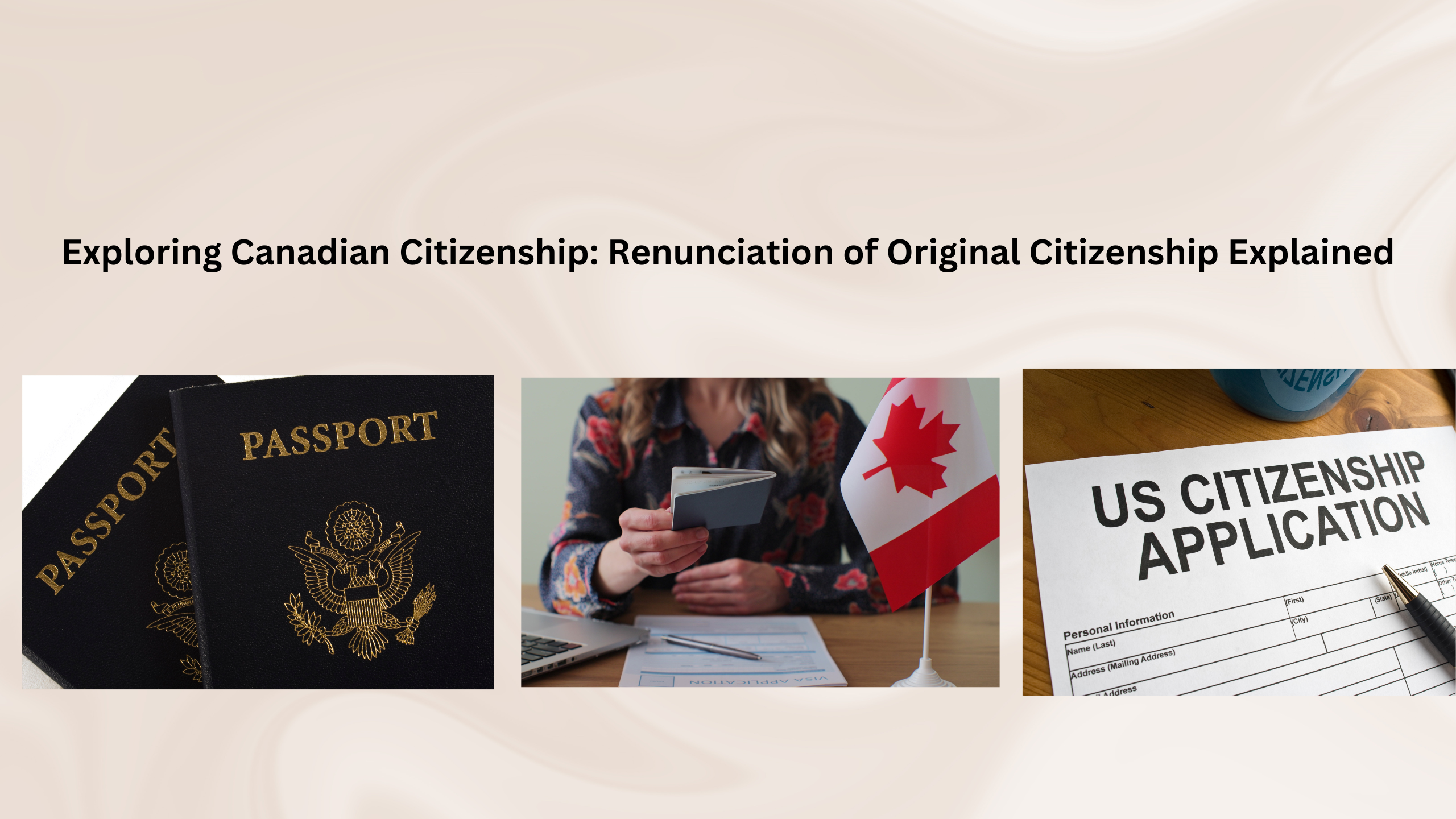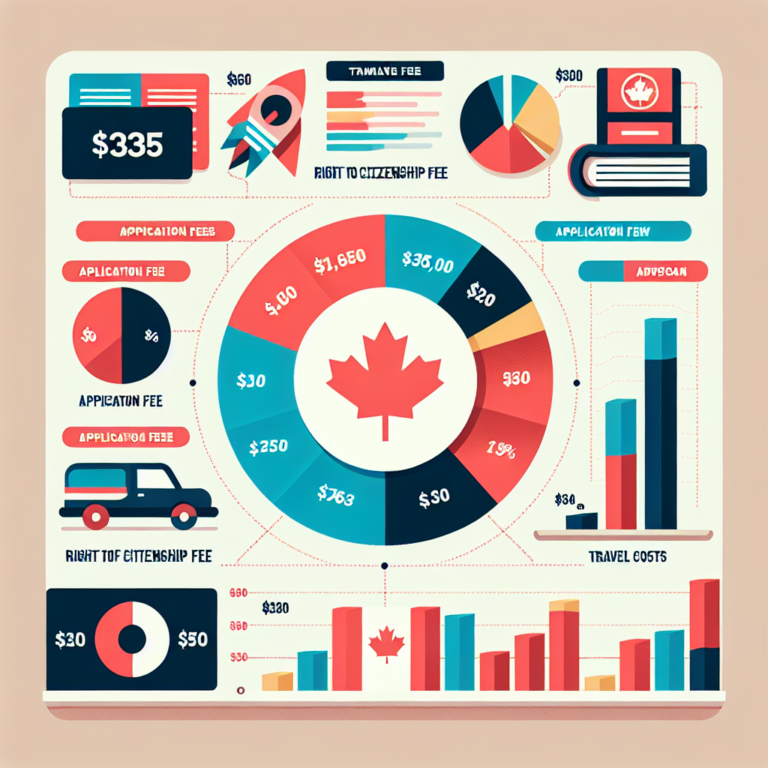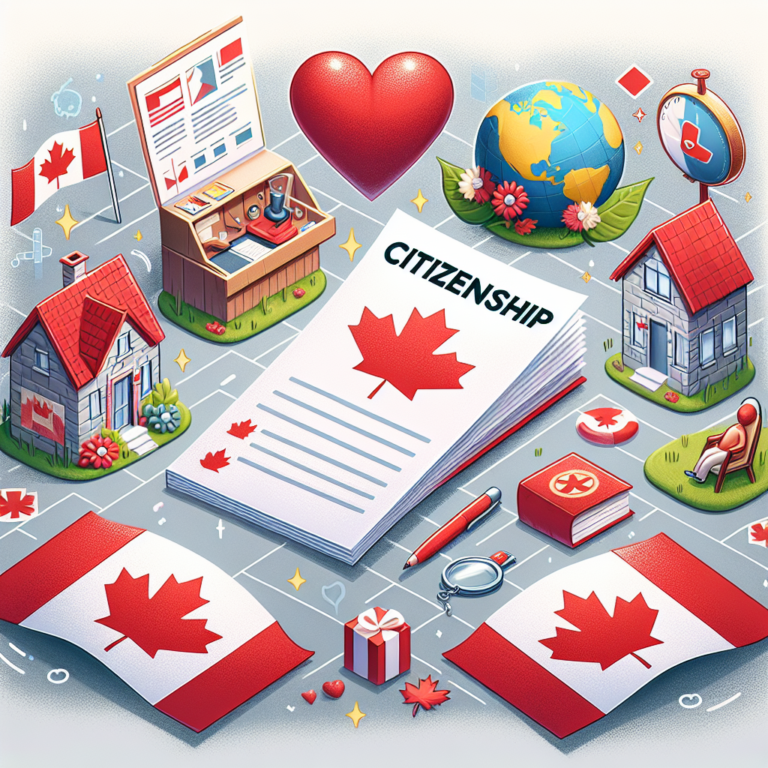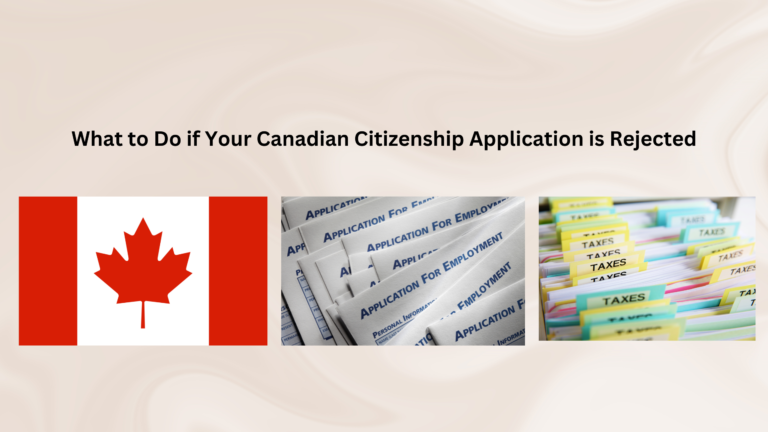Do I Need to Renounce My Original Citizenship to Become Canadian?
introduction
While Canada allows dual citizenship, the rules of your home country may not be as flexible. In this post, we’ll explore whether you can keep your original nationality while becoming a Canadian citizen, the benefits and challenges of holding dual citizenship, and key factors you need to consider before making the decision. By the end of this article, you’ll have a complete understanding of how Canadian citizenship works with dual nationality and what steps to take next.
Can You Hold Dual Citizenship in Canada?
Canada allows dual or multiple citizenship, meaning you do not have to give up your original nationality when you become Canadian. However, your country of origin may have different rules. Some countries require renunciation of citizenship upon acquiring another nationality. This section will explore how Canada’s dual citizenship works and which countries may impose restrictions on dual nationality.
Countries That Allow Dual Citizenship with Canada
- The United States
- United Kingdom
- Australia
- France
- Germany (with some conditions)
Countries That Do Not Allow Dual Citizenship
- India (requires you to renounce your Indian citizenship)
- China
- Japan
- Singapore
Advantages and Disadvantages of Dual Citizenship
Advantages
- Travel Flexibility: Dual citizenship provides greater freedom of movement, as you’ll have access to the rights and benefits of two countries.
- Economic Opportunities: Dual citizens can work, study, and invest in both countries, opening up more opportunities.
- Political and Social Rights: Enjoy the full benefits of citizenship in two countries, including voting rights, healthcare, and social services.
Disadvantages
- Tax Obligations: Some countries, such as the U.S., require citizens to pay taxes regardless of where they live. Dual citizens may face double taxation or complex tax obligations.
- Conflicting Laws: Dual citizens may be subject to the laws of both countries, which could create complications, especially regarding military service or legal disputes.
- Renunciation Fees: If your original country does not allow dual citizenship, you may need to go through a costly and bureaucratic process to renounce it.
Problems and Concerns
While holding dual citizenship with Canada can be advantageous, it also comes with concerns. You may face issues related to taxation, legal obligations, or restrictions from your country of origin. Additionally, if you fail to maintain residency in one of the countries, you might lose some of the privileges that come with citizenship.
1. Tax Responsibilities
As a Canadian citizen, you’ll be subject to Canadian tax laws. However, if you’re a citizen of a country like the United States, you’ll be required to file taxes in both countries, even if you don’t live in the U.S.
2. Military Service Requirements
Some countries require mandatory military service, even for citizens living abroad. Be aware of any military obligations that come with retaining your original citizenship.
3. Visa Restrictions
In some cases, holding dual citizenship may affect your ability to travel to certain countries that have diplomatic tensions with your original or new country of citizenship.
Dos and Don’ts
Dos:
- Do Check the Laws of Your Country of Origin: Not every country allows dual citizenship. Ensure you understand the legal implications before applying for Canadian citizenship.
- Do Seek Legal Advice: If you’re uncertain about your eligibility for dual citizenship or have concerns about tax and legal matters, consult a legal expert.
- Do Update Your Documents: Once you become a dual citizen, ensure your passports, tax information, and personal records are updated in both countries.
Don’ts:
- Don’t Assume You Can Keep Both: Not all countries allow dual citizenship. Don’t assume you can keep your original nationality without checking your country’s rules.
- Don’t Ignore Tax Responsibilities: Ensure you’re fully aware of your tax obligations in both countries. Ignoring this could lead to legal and financial problems.
- Don’t Delay Renunciation: If your country requires renunciation of citizenship, don’t delay the process as it may affect your ability to obtain or maintain Canadian citizenship.
FAQs on Canadian Dual Citizenship
- Do I need to renounce my original citizenship to become Canadian? No, Canada allows dual citizenship. However, your original country may require you to renounce your nationality.
- Will I have to pay taxes in both countries if I hold dual citizenship? It depends. Some countries, like the U.S., tax citizens regardless of residency, but Canada only taxes residents. Check with a tax advisor to understand your obligations.
- Can my dual citizenship be revoked? In Canada, citizenship is rarely revoked, except in extreme cases like fraud during the application process. Your original country may have different rules.
- Is it more expensive to maintain dual citizenship? It can be. You may need to pay for two passports, comply with tax laws in both countries, and meet other administrative costs.
- What happens if my original country does not allow dual citizenship? You may need to renounce your original citizenship. Check with your country’s government to understand their specific rules.
My Advice
If you’re thinking of becoming a Canadian citizen while retaining your original citizenship, my advice is to thoroughly research the laws of both countries. Some countries make it easy to hold dual citizenship, while others may require you to go through a renunciation process. Be mindful of the tax implications, legal responsibilities, and potential for conflicting laws. In most cases, the benefits of dual citizenship outweigh the drawbacks, but being prepared is key to making the process as smooth as possible.
Conclusion
Becoming a Canadian citizen does not necessarily mean giving up your original nationality, as Canada permits dual citizenship. However, the decision may not be entirely up to you — it depends on the rules of your home country. Weigh the pros and cons carefully, consider potential legal and tax obligations, and seek advice if you’re unsure. Dual citizenship can open doors to new opportunities, but it requires careful consideration and planning.







